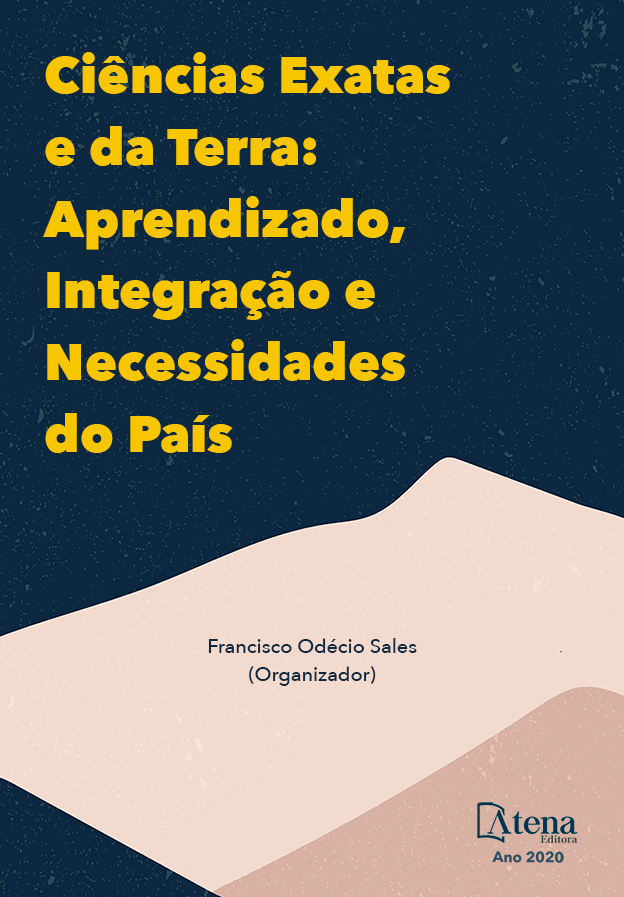
APLICAÇÃO DE AÇÕES DE PRODUÇÃO MAIS LIMPA EM UMA EMPRESA DO SETOR METALMECÂNICO
O metal é largamente utilizado na confecção dos elementos que compõe os empreendimentos hidrelétricos, assim como são a matéria-prima básica nas indústrias de usinagem. A manipulação desse material também é responsável pela geração de resíduos e sucata. Através de um estudo de caso em uma empresa do ramo metalmecânicos, avaliou-se as práticas de produção mais limpa em processo de implantação, bem como, oportunidades de novas ações. Para a análise da eficiência das ações de produção mais limpa no cotidiano da empresa, utilizaram-se indicativos específicos para mensuração de custo ambiental e financeiro. Entre as ações analisadas, destaca-se a implantação da paginação no processo de corte, a qual se tornou responsável pela redução de 25% da matéria-prima utilizada, o que equivale a cerca de 1000 kg/mês de metal. Entre as oportunidades de ação futuras, destaca-se a alteração do destino de um resíduo sólido perigoso que inicialmente demandava da empresa um gasto de 400 reais/mês para destinação da CETRIC e a partir da oportunidade sugerida, passará a resultar em um valor de 250 reais/mês devido a destinação para a reciclagem. As ações de produção mais limpa planejadas para a empresa, apresentam benefícios ambientais através da redução de resíduos e uso de matéria-prima, bem como, benefícios financeiros com o aumento da receita.
APLICAÇÃO DE AÇÕES DE PRODUÇÃO MAIS LIMPA EM UMA EMPRESA DO SETOR METALMECÂNICO
-
DOI: 10.22533/at.ed.0272017124
-
Palavras-chave: P+L, usinagem, energia.
-
Keywords: P + L, machining, energy.
-
Abstract:
Metal is widely used in making the elements that make up hydroelectric projects, as well as being the basic raw material in machining industries. Material handling is also responsible for the generation of waste and scrap. Through a case study in a company in the metalmechanical sector, it was evaluated the practices of cleaner production in the implementation process, as well as opportunities for new actions. For the analysis of the efficiency of cleaner production actions in the daily life of the company, specific indicators were used to measure environmental and financial costs. Among the actions analyzed, the implementation of pagination in the cutting process stands out, which became responsible for the reduction of 25% of the raw material used, which is equivalent to about 1000 kg / month of metal. Among the opportunities for future action, we highlight the change in the destination of a hazardous solid waste that initially required the company to spend R $ 400 / month for the disposal of CETRIC and from the suggested opportunity, it will result in a value of 250 reais / month due to destination for recycling. The cleaner production actions planned for the company have environmental benefits through the reduction of waste and the use of raw materials, as well as financial benefits from increased revenue.
-
Número de páginas: 15
- Fabiana Cunico
- Sabrina Rafaela de Lima
- Francieli Dalcanton
- Josiane Maria Muneron de Mello
- Sideney Becker Onofre
- Eduardo Roberto Batiston
- Gustavo Lopes Colpani
- Debora Simon


